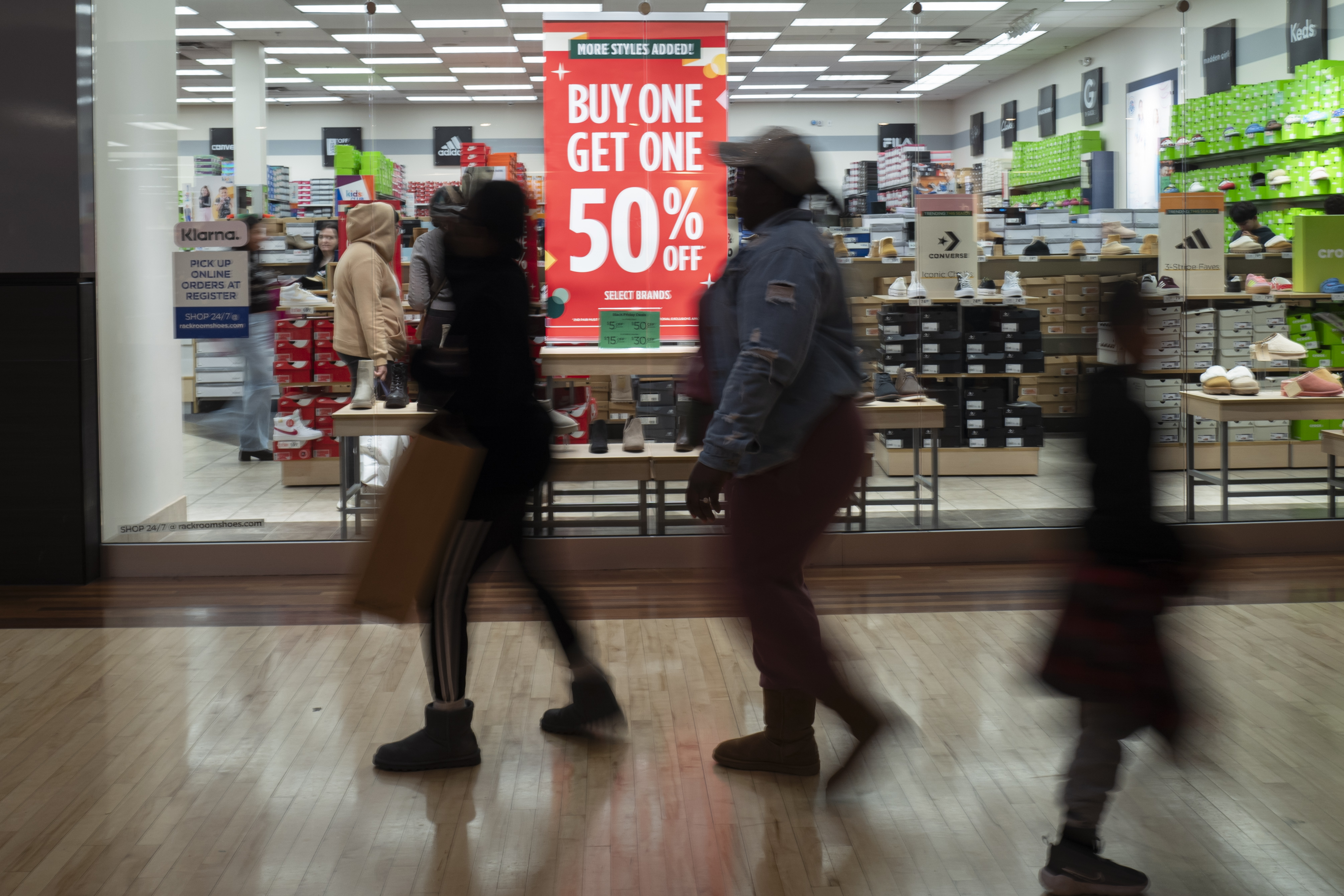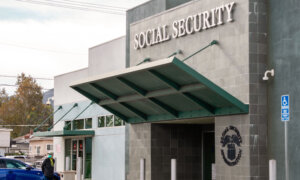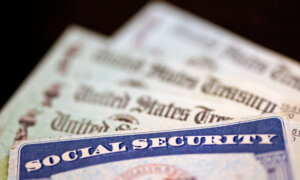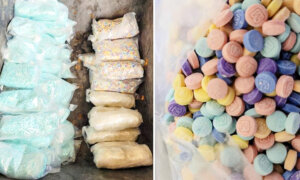Scammers are promoting counterfeit products to deal-seeking customers, a joint advisory from the U.S. Customs and Border Protection (CBP) and the U.S. Chamber of Commerce warned.
The proceeds of these goods can be used to support terrorism, according to the agencies.
“There are significant health and safety hazards associated with counterfeit products,” AnnMarie R. Highsmith, executive assistant commissioner for CBP’s Office of Trade, said in a Dec. 10 joint statement issued about holiday purchases.
“We’ve seen it all—toys with elevated lead content to cosmetics with nasty ingredients you wouldn’t want on your skin. These aren’t the gifts you want to give to your family.”
In fiscal year 2024, CBP seized more than 32 million counterfeit products and estimated that the original counterparts would have carried a price tag of more than $5.4 billion.
This money could have supported “law-abiding businesses and entrepreneurs who create jobs and contribute to U.S. economic stability,” according to the statement. Conversely, proceeds of fake goods are used to “support terrorism and other violent and illegal activities that put consumers at risk.”
Buying genuine goods is also better because “they are more likely to last longer and to be made with safe materials,” the advisory stated.
According to the U.S. Chamber, counterfeit trade is a $500 billion annual global market that affects 325,000 jobs in the United States.
Many people are not aware of the differences between original and fake products. An October 2023 study by Michigan State University revealed that almost seven in 10 people globally were duped into buying fake products online at least once over the previous 12 months.
In addition to lost revenue and jobs, the funds generated through the counterfeit trade often end up supporting criminal activities such as terror, weapons trading, drugs, and child labor, according to the chamber.
The chamber also pointed to several safety hazards posed by fake goods.
“Counterfeit backpacks and shoes may contain excessive levels of harmful chemicals; counterfeit electronics may melt, catch fire, or explode; and counterfeit toys may hide undisclosed choking hazards,” it stated.
“Worse yet, counterfeit cleaning supplies, medicines, and cosmetics have left victims with debilitating injuries—some fatal.”
Buying Safely
To protect themselves from fake purchases, consumers should be aware that “if a deal seems too good to be true or an online advertisement links to a suspicious-looking website, it is best to use caution,” the advisory stated.
When shopping online, the store must have “https://” in its URL, an indication that it is a secure site. In addition, a lock symbol—a sign of the site’s safety—should be displayed on the browser when e-commerce websites are loaded, according to the advisory.
If buying at physical stores, consumers should probe labels and package content. Broken seals could be an indication that an item is counterfeit.
If consumers unwittingly purchase counterfeit products, they are advised to submit a report via the National Intellectual Property Rights Center or the CPB’s Trade Violations Reporting platform.
Tech behemoth Meta recently revealed that it had disrupted several schemes that sought to dupe people with false promises of prizes and gifts.
Certain promotions featured Christmas trees and decorations at very low prices.
“If someone responded, the scammers would direct them to websites, including some created using Shopify services, to make a purchase that would never arrive,” Meta stated.
The company reportedly dealt with schemes seeking to “trick” people into providing their personal information by offering fake gift cards and coupons.
“[Malicious actors] posted on several platforms, including Telegram, Facebook, and Pinterest and directed people to websites mimicking social media, where they were prompted to fill out a survey with their gender, age, income, employment status, and level of interest in cryptocurrencies in order to enter a prize draw,” Meta stated.
The websites also displayed fake comments from people claiming that they had won a prize despite initially believing that the prize draw was a scam.














